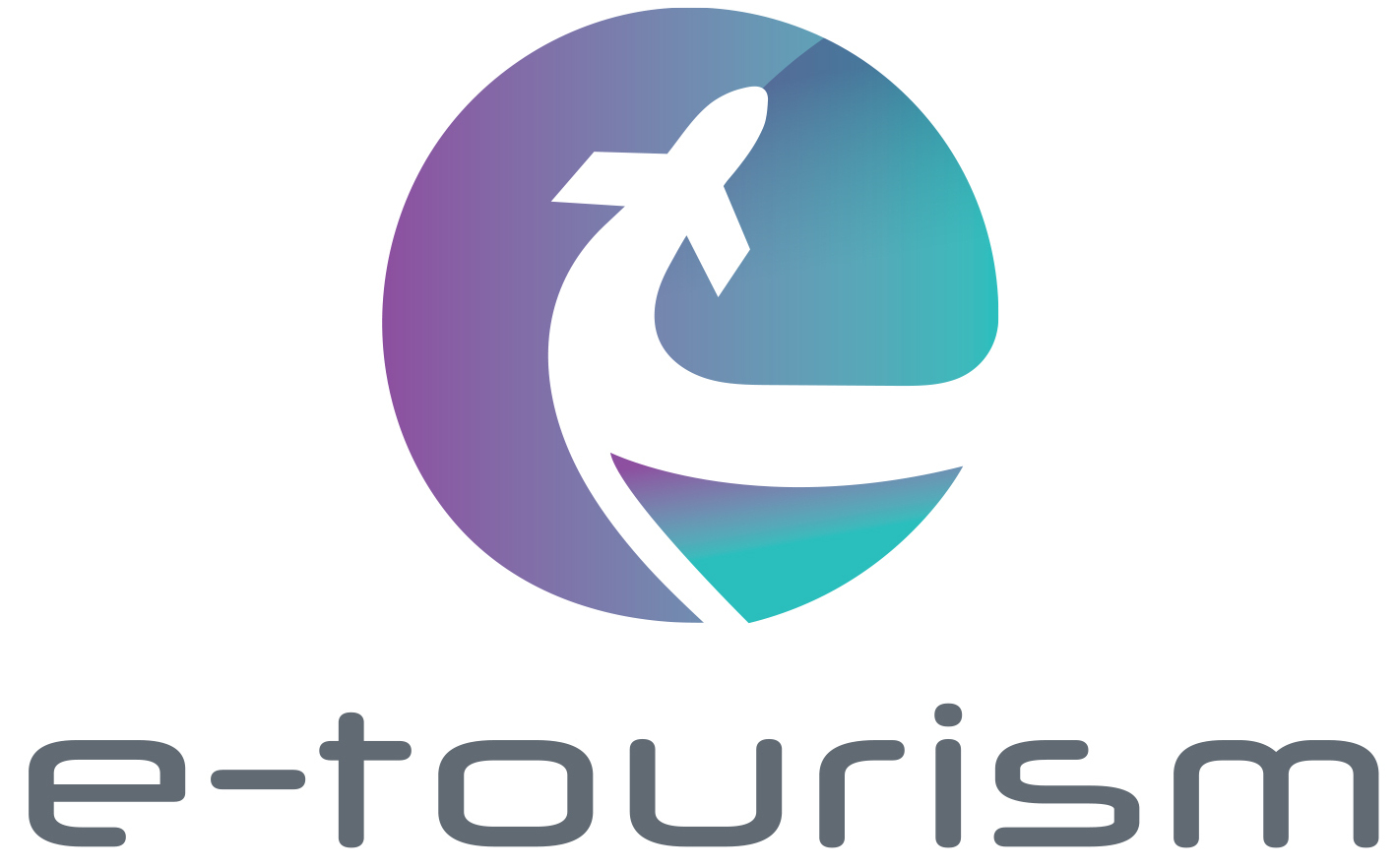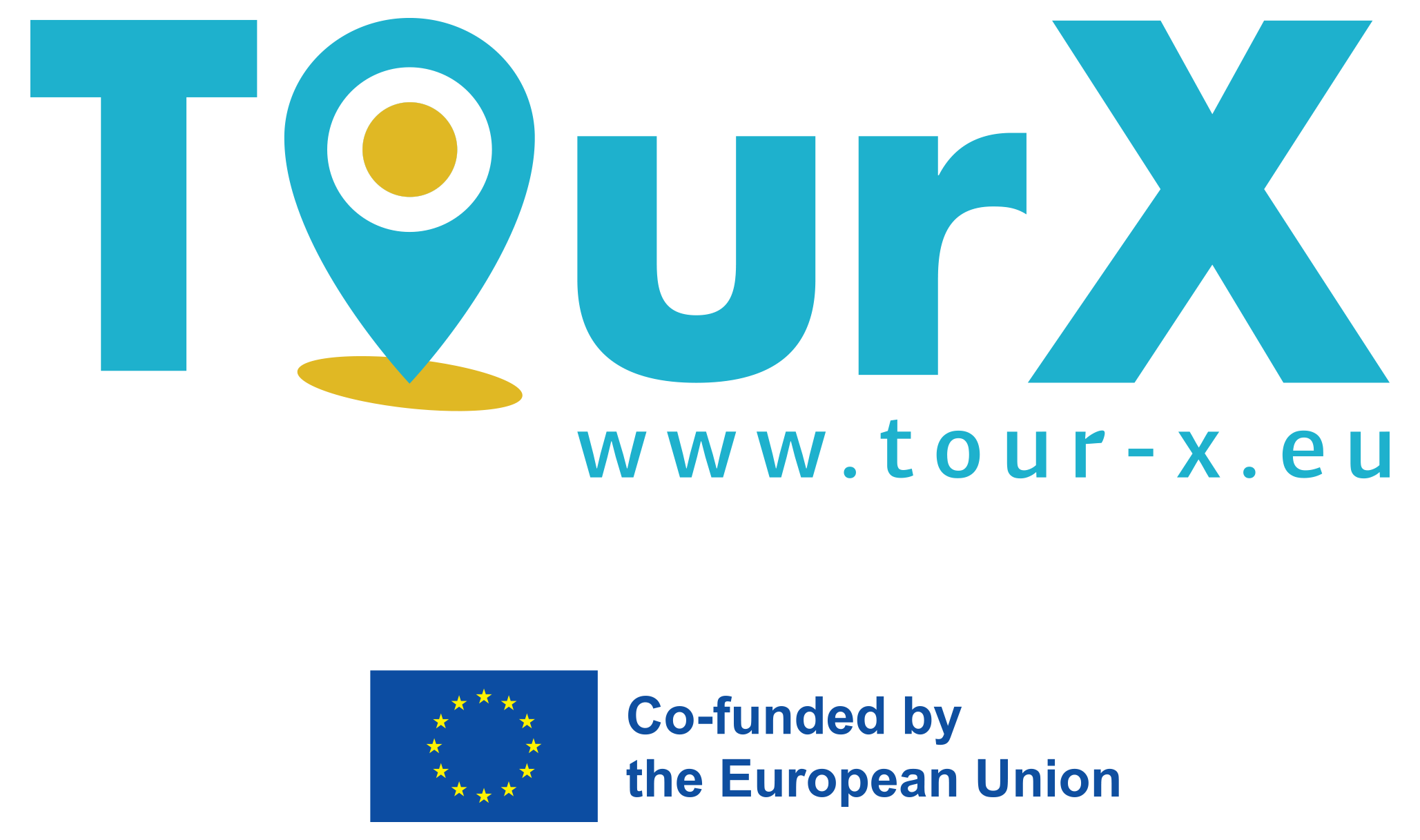e-tourism - Digital Skills for Small-Medium (SMEs) TouRISM enterprises
Gegenstand: Das Kursangebot “e-tourism: Digital Skills for Small-Medium (SMEs) TouRISM enterprises“richtet sich vorrangig an Unternehmer und deren Mitarbeiter in kleinen touristischen Unternehmen mit dem Ziel, grundlegendes Wissen zu digitalen Anwendungen zu vermitteln und individuelle Kompetenzen beim arbeitsbegleitenden, selbstbestimmten Lernen in einer Online-Lernumgebung zu stärken.
Modul 1: Online-Apps für den Tourismus
Dieses Modul bietet eine Einführung in die wichtigsten digitalen Tools für die Tourismusbranche, wobei der Schwerpunkt auf Online-Buchungssystemen, Property-Management-Systemen (PMS) und Gästemanagement-Anwendungen liegt.
Das Ziel ist es, den Lernenden ein grundlegendes Verständnis der im Tourismus eingesetzten Online-Anwendungen zu vermitteln.
- Die Lernenden sollen in die Lage versetzt werden, digitale Tools auf der Grundlage spezifischer Geschäftsanforderungen im Tourismus auszuwählen und einzusetzen.
- Die Lernenden sollen mit den Arten und Funktionen von Online-Buchungssystemen vertraut gemacht werden, die in der Tourismusbranche eingesetzt werden.
Modul 2: Servicequalität in Hotellerie und Gastronomie
Dieses Kursmodul vermittelt das grundlegende Verständnis für die Notwendigkeit exzellenten Services in der Hotellerie und Gastronomie.
Exzellenter Service in der Hotellerie und Gastronomie ist entscheidend für den langfristigen Geschäftserfolg und erfordert ein breites Spektrum an Fähigkeiten des Servicepersonals, die alle Aspekte des Gästebetreuungsprozesses abdecken.
- Dieses Kursmodul soll den Teilnehmern das Wissen und die Fähigkeiten vermitteln, die erforderlich sind, um erstklassige Servicequalität in kleinen und mittelgroßen Gastronomie- und Hotelbetrieben sicherzustellen und stärkt das Verständnis für die Bedeutung der Kundenzufriedenheit und die Rolle des Servicepersonals.
- Das Kursmodul erläutert die Anwendung von Best Practices im Umgang mit Gästen, von der Begrüßung bis zur Verabschiedung und vermittelt Methoden zur ständigen Verbesserung der Servicequalität.
Modul 3: Interkulturelle Kompetenzen
Das Ziel dieses Moduls ist es, den Lernenden interkulturelles Bewusstsein im Arbeitsumfeld und das Konzept interkultureller Kompetenz näher zu vermitteln.
In diesem Modul werden folgende Themen behandelt:
- Kultur und kulturelle Vielfalt
- Interkulturalität und damit verbundene Kompetenzen
- Interkulturelle Kommunikation
- Kulturelle Codes und Verhaltensregeln in der Tourismusbranche
- Kenntnis und Achtung der Grundrechte von Einzelpersonen und Gruppen
 Funded by the European Union. Views and opinions expressed are however those of the author(s) only and do not necessarily reflect those of the European Union or the European Education and Culture Executive Agency (EACEA). Neither the European Union nor EACEA can be held responsible for them.
Funded by the European Union. Views and opinions expressed are however those of the author(s) only and do not necessarily reflect those of the European Union or the European Education and Culture Executive Agency (EACEA). Neither the European Union nor EACEA can be held responsible for them.
![]() This work is licensed under a Creative Commons Attribution
4.0 International License.
This work is licensed under a Creative Commons Attribution
4.0 International License.
Autoren: Universal Education; DEHOGA Brandenburg; BK-Consult












